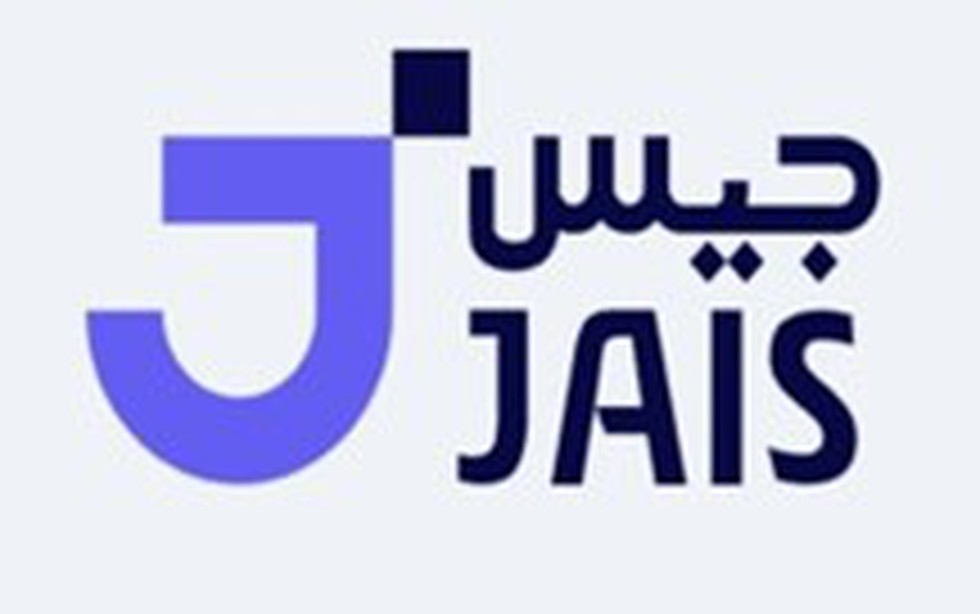About Jais:
- It is a bilingual Arabic-English model that has been trained on a massive dataset of text and code.
- It can be used for a variety of tasks, such as machine translation, text summarisation, and question-answering.
- It was trained on the Condor Galaxy, the world's largest AI supercomputer, using 116 billion Arabic tokens and 279 billion English tokens.
- It is also open-source, which means that anyone can use it or contribute to its development.
- It is available to download on the Hugging Face machine learning platform.
- The release of Jais is a significant step forward for the development of AI in the Arabic world.
- Applications
- Potential applications of Jais include Machine translation, which can be used to translate text from Arabic to English and vice versa.
- This could be used to improve the accessibility of information to Arabic speakers, as well as to facilitate communication between Arabic speakers and speakers of other languages.
- It adeptly distils extensive textual content, from news articles to research papers, into succinct and comprehensible summaries, enhancing accessibility and comprehension.
- It also response to queries about text, enabling educational tools like responsive chatbots for students or robust customer service applications for client inquiries.
What are Large Language Models?
- These are deep learning algorithms that can recognise, summarise, translate, predict, and generate content using very large datasets.
- The popular ChatGPT AI chatbot is one application of a large language model. It can be used for a myriad of natural language processing tasks.
- The nearly infinite applications for LLMs also include:
- Retailers and other service providers can use large language models to provide improved customer experiences through dynamic chatbots, AI assistants and more.
- Search engines can use large language models to provide more direct, human-like answers.
- Life science researchers can train large language models to understand proteins, molecules, DNA and RNA.
